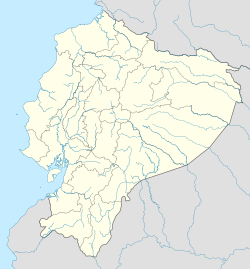공동 소유권
Collective ownership집단 소유는 그룹의 모든 구성원이 모든 구성원의 이익을 위해 생산수단의 소유권이다.[1][2] 집단의 폭이나 협소성은 사회 전체에서 특정 기업(예: 하나의 집단 농장)의 동료 집합에 이르기까지 다양할 수 있다. 후자(더 좁은)의 의미에서 이 용어는 공동 소유권 및 공유권과 구별되는데, 이는 개방적 접근, 공통의 자산 보유, 이와 같은 소유권 부정 등을 의미한다.
생산수단의 집단 소유는 사회주의의 결정적인 특징으로,[3] 여기서 '집단 소유'는 사회 전체의 소유권이나 조직 구성원의 협동 소유권을 가리킬 수 있다. 공공 소유와 대조할 때, "집단 소유권"은 일반적으로 그룹 소유권(생산자 협동조합 등)을 가리킨다.[4]
참고 항목
참조
- ^ Oxford Dictionaries. "collective ownership". Oxford Dictionaries. Retrieved 26 January 2016.
- ^ Gregory and Stuart, Paul and Robert (February 28, 2013). The Global Economy and its Economic Systems. South-Western College Pub. p. 30. ISBN 978-1285055350.
There are three broad forms of property ownership – private, public, and collective (cooperative). Under private ownership, the three ownership rights ultimately belong to individuals, subject to limitations of disposition, use, and earnings. Under public ownership, these rights belong to the state. With collective ownership, property rights belong to the members of the collective.
- ^ Rosser, Mariana V. and J. Barkley Jr. (July 23, 2003). Comparative Economics in a Transforming World Economy. MIT Press. p. 53. ISBN 978-0262182348.
Socialism is an economic system characterized by state or collective ownership of the means of production, land, and capital.
- ^ Gregory and Stuart, Paul and Robert (February 28, 2013). The Global Economy and its Economic Systems. South-Western College Pub. p. 30. ISBN 978-1285055350.
According to these definitions, socialism can be a theoretical or political idea that advocates a particular way of organizing economic and political life. It can be an actual economic system in which the state owns and controls resources, or it can be a system of collective or group ownership of property.


